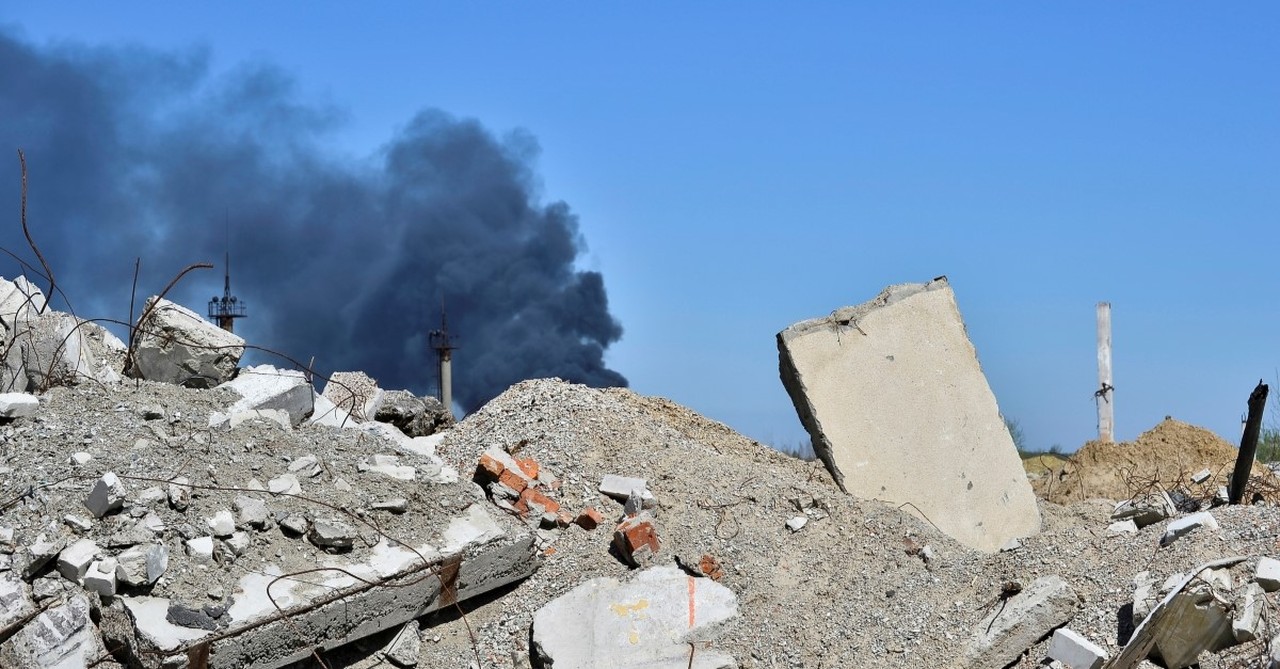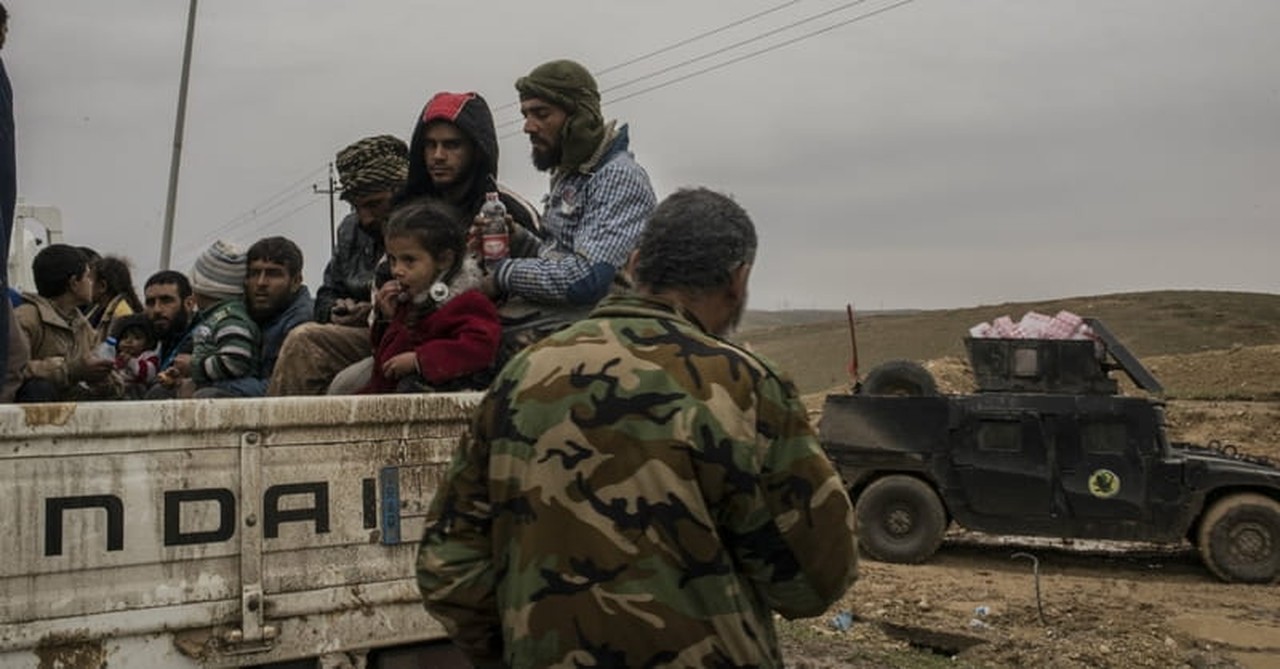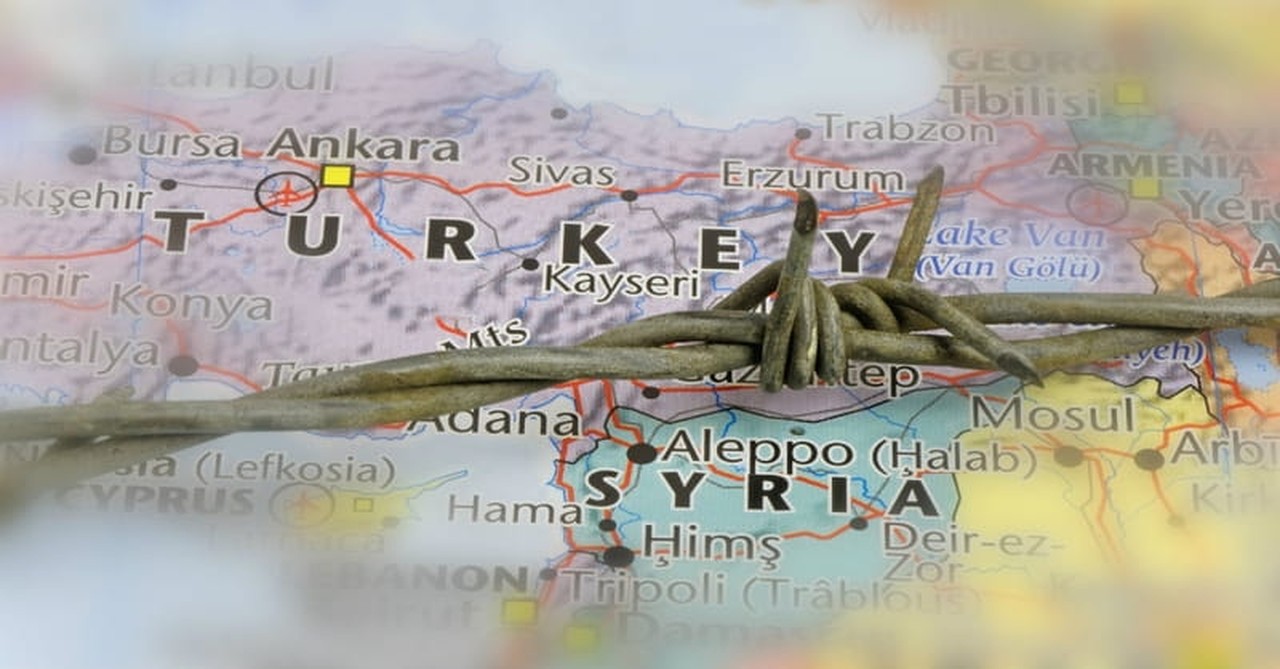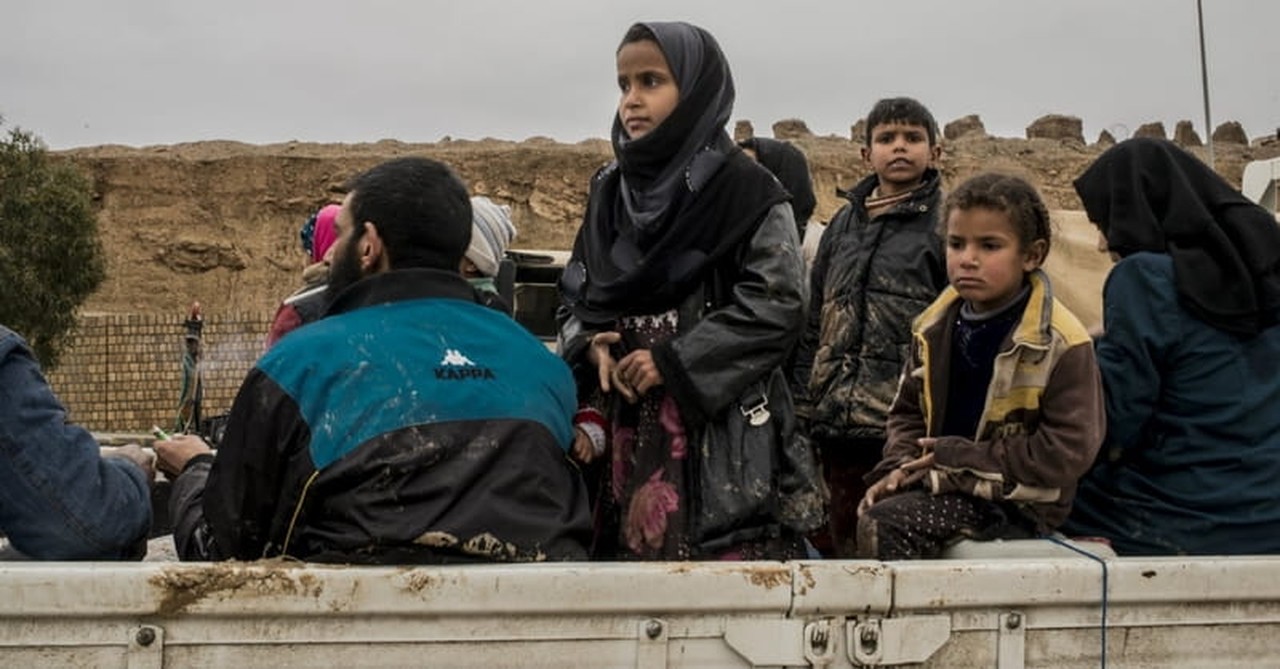5 Crucial Things Christians Should Know about ISIS

The name “ISIS” has been a dominant presence in the news in recent times, but the frequency with which we hear this name does not always equal understanding of it. Johnnie Moore, former campus pastor at Liberty University and author of Defying ISIS, provides insight into five crucial things Christians should know about the terrorist organization so that we can better understand world events.
Photo courtesy: ©Getty Images/ Roman Novitskii
1. What are the origins of ISIS?

1. What are the origins of ISIS?
SLIDE 1 OF 5
Moore states that “ISIS has been around in some form for at least a decade.”
Moore goes on to say that “They are not a new threat. They are an old threat that the United Stated underestimated, and now they control one contiguous piece of land larger than the United Kingdom and have affiliates in at least 30 countries.”
Malcolm Nance, a counterterrorism consultant, adds that “ISIS is a child of the invasion of Iraq” and “is the fifth generation of al-Qaeda.”
Nance also said that the Syrian Civil War gave ISIS the political climate it needed to grow into the organization it is now.
Photo courtesy: Thinkstockphotos.com
2. What is ISIS’ goal?

2. What is ISIS’ goal?
SLIDE 2 OF 5
ISIS is shockingly brutal, but also seemingly fearless. Moore says that radical ISIS militants have “nothing less than total, global domination” in view.
Moore goes on to provide an insightful distinction between ISIS fighters and those who fight against them; a distinction he calls “a significant and dangerous difference. “Everyday they fight to achieve a goal they believe is inevitable. The best thing that can happen to any of them is to die in pursuit of that goal. For most of those fighting them the best thing that can happen is that they live to fight another day.”
The lack of fear of death exhibited by ISIS militants poses a particular threat and brings to light why they have proved to be a formidable foe for the rest of the world.
Photo courtesy: Thinkstockphotos.com
3. Who is ISIS’ target?

3. Who is ISIS’ target?
SLIDE 3 OF 5
Moore succinctly sums up the answer to this question by stating, “Everyone that disagrees with them.” This includes Christians and other religious minorities like the Yazidis, he says, but even includes other Muslims.
However, ISIS’ persecution of Christians is especially intense. In an article for the Christian Post on August 11, Moore called on world leaders to recognize that ISIS has created a Christian genocide and we must take action to stop them.
While writing about Christians as the target of ISIS violence, Moore said that, “In every written or spoken statement by Baghdadi [the leader of ISIS] he has specifically mentioned marching all the way to Rome and along the way promising to break the crosses of the Christians and capturing and enslaving their wives and daughters.”
Photo: Families flee as Iraqi forces advance into Islamic State controlled west Mosul, part of the offensive to retake the city some two years after it fell to Islamic State, March 4, 2017. Iraqi forces have encountered stiff resistance with improvised explosives, heavy mortar fire and snipers hampering their advance.
Photo courtesy: Martyn Aim/Getty Images
4. In what ways did ISIS’ rise to power lead to the refugee crisis, and was the crisis part of their plans to infiltrate Europe and America?

4. In what ways did ISIS’ rise to power lead to the refugee crisis, and was the crisis part of their plans to infiltrate Europe and America?
SLIDE 4 OF 5
Moore unequivocally asserts that ISIS rise to power “absolutely led to the refugee crisis, and it is the most significant refugee crisis since World War 2.”
According to Moore, the implications of the failure of America and other nations to deal with ISIS in a way that befits the serious threat they pose has resulted in the necessity of spending as much money on resolving the refugee crisis as it would have cost to initially deal with ISIS before their actions led to the refugee crisis.
Although Moore doesn’t believe that ISIS strategically planned the refugee crisis, he does say that “they are very intent on using it to their benefit.” He then cites the recent Paris terrorist attacks in which two of the attackers entered Europe by posing as refugees.
Photo courtesy: ©Thinkstock/rogerashford
5. What is America doing to combat the violence perpetrated by ISIS, and what are Christians called to do in this circumstance?

5. What is America doing to combat the violence perpetrated by ISIS, and what are Christians called to do in this circumstance?
SLIDE 5 OF 5
“Too little too late” is the phrase Moore uses to describe what the U.S. government has done (or not done) to address the ISIS threat. Moore then cites a revealing example of the government’s passivity.
“Take--for instance--the fact that this week we were the ones that provided the list to the French which they used in bombing ISIS sites in Syria. If we have had this list for so long then why haven’t we chosen to bomb them?”
As for what God calls Christians to in the midst of such world events, Moore provides three calls to action.
First, he says, we should put pressure on our political leaders to destroy ISIS. Secondly, we should pray for those who are suffering due to ISIS violence. Thirdly, we should provide for those in need.
Moore goes on to strike a balance between compassion and national security. “The world should absolutely show abundant compassion to these refugees . . . but we must also require our leaders tighten the vetting and processing of these refugees in order to insure that ISIS or ISIS-sympathizers are not able to infiltrate the system. ISIS would be more than happy to use our compassion against us.”
Photo: An Iraqi family who have fled fighting as Iraqi forces advance into Islamic State controlled west Mosul, March 4, 2017. Iraqi forces have encountered stiff resistance with improvised explosives, heavy mortar fire and snipers hampering their advance.
RELATED: Hear from Jim Horacek, one of the first analysts to follow the terrorist network that would become known as ISIS & a senior analyst in the Iraq Group during the height of Operation Iraqi Freedom.
Photo courtesy: Martyn Aim/Getty Images
Article based on an email interview with Christian author, speaker, and pastor Johnnie Moore in November 2015.
Publication date: May 2, 2017
Originally published February 20, 2024.






